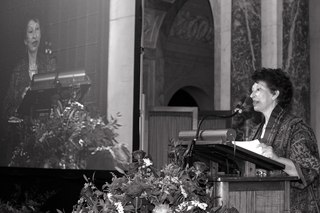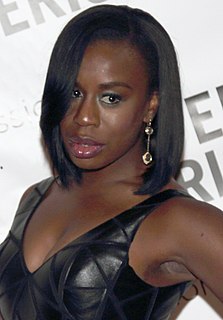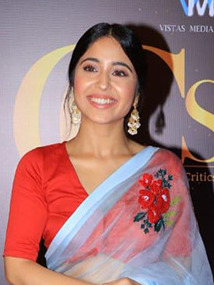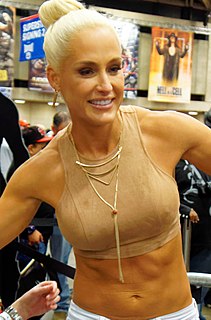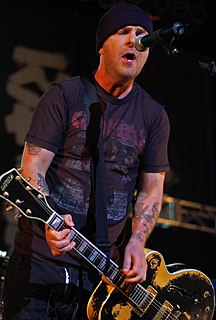A Quote by Stacy Schiff
My next book is on the Salem witch trials. As a small-town Massachusetts girl, this makes me very happy. So does the reunion with documents!
Related Quotes
In 'The Trip,' I play the character named Ananya Makhija, a Delhi girl who wants to get married. This is a different character from whatever I have portrayed onscreen so far - of a sweet, small-town girl. Most importantly, you will not find a trace of my character from 'Masaan.' So, I think this will change my image of a small-town girl.
I believe in all the qualities of being a liberal. I keep going back to all the great social events in our country's history, starting with the Salem witch trials, where the conservative view was that they're witches and should be burned at the stake, and the liberal view was there's no such thing as witches.
Let's say you want to do a job, and you want to be really successful. You want to rise really high in that career. But where you live, that job doesn't exist. Your town's too small. Or maybe the business is your town, but even if you reach the pinnacle there, because it's a small town, it's not nearly as high as you could go. If you're unwilling to move, well, that's all on you. That's a limitation you're placing on yourself. Now, that's fine if that's what makes you happy.


